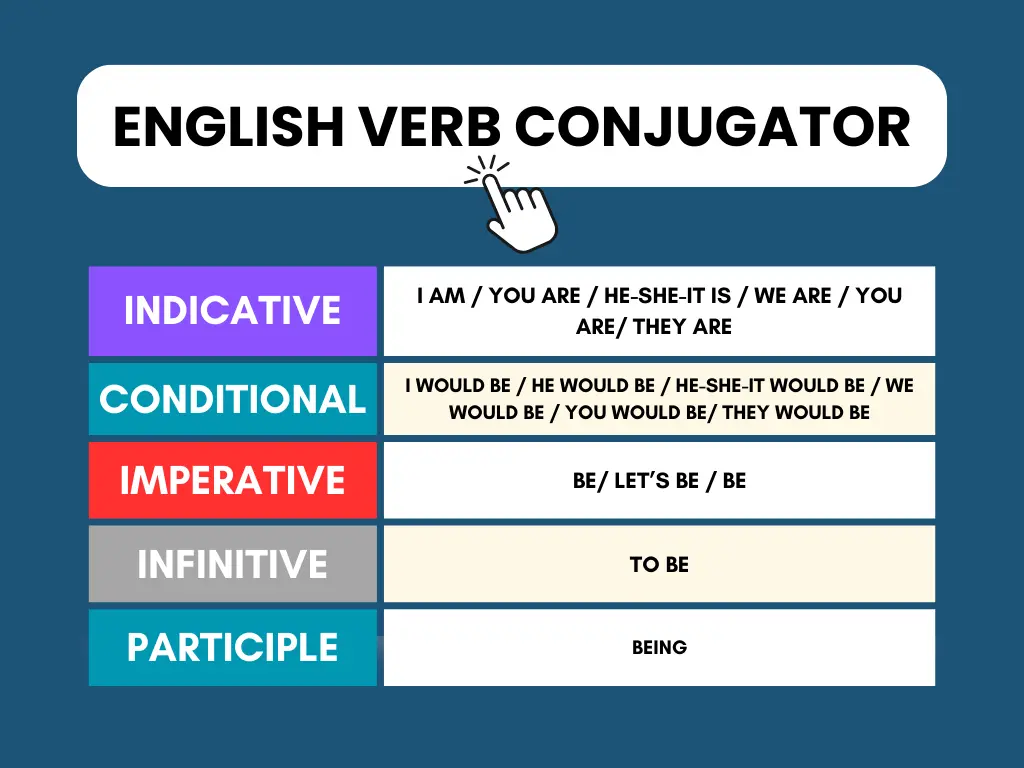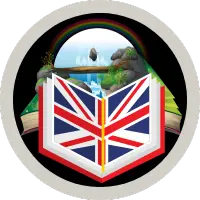Indicative
- I work
- You work
- He works
- She works
- It works
- We work
- You work
- They work
- I am working
- You are working
- He is working
- She is working
- It is working
- We are working
- You are working
- They are working
- I have worked
- You have worked
- He has worked
- She has worked
- It has worked
- We have worked
- You have worked
- They have worked
- I have been working
- You have been working
- He has been working
- She has been working
- It has been working
- We have been working
- You have been working
- They have been working
- I worked
- You worked
- He worked
- She worked
- It worked
- We worked
- You worked
- They worked
- I was working
- You were working
- He was working
- She was working
- It was working
- We were working
- You were working
- They were working
- I had worked
- You had worked
- He had worked
- She had worked
- It had worked
- We had worked
- You had worked
- They had worked
- I had been working
- You had been working
- He had been working
- She had been working
- It had been working
- We had been working
- You had been working
- They had been working
- I will work
- You will work
- He will work
- She will work
- It will work
- We will work
- You will work
- They will work
- I will be working
- You will be working
- He will be working
- She will be working
- It will be working
- We will be working
- You will be working
- They will be working
- I will have worked
- You will have worked
- He will have worked
- She will have worked
- It will have worked
- We will have worked
- You will have worked
- They will have worked
- I will have been working
- You will have been working
- He will have been working
- She will have been working
- It will have been working
- We will have been working
- You will have been working
- They will have been working
Conditional
- I would work
- You would work
- He would work
- She would work
- It would work
- We would work
- You would work
- They would work
- I would be working
- You would be working
- He would be working
- She would be working
- It would be working
- We would be working
- You would be working
- They would be working
- I would have worked
- You would have worked
- He would have worked
- She would have worked
- It would have worked
- We would have worked
- You would have worked
- They would have worked
- I would have been working
- You would have been working
- He would have been working
- She would have been working
- It would have been working
- We would have been working
- You would have been working
- They would have been working
Imperative
- work
- Let's work
- work
Infinitive
to work
Participle
working
worked
The conjugator helps you find the correct form of any verb instantly. Just type in a verb, including irregular and phrasal verbs, and the tool will give you a complete conjugation table for all tenses.
Even if you enter a verb in its conjugated form like 'did', the online conjugator will recognise its base form.

Many conjugation tools are available online that you can also use. The list below include some of the popular ones.
